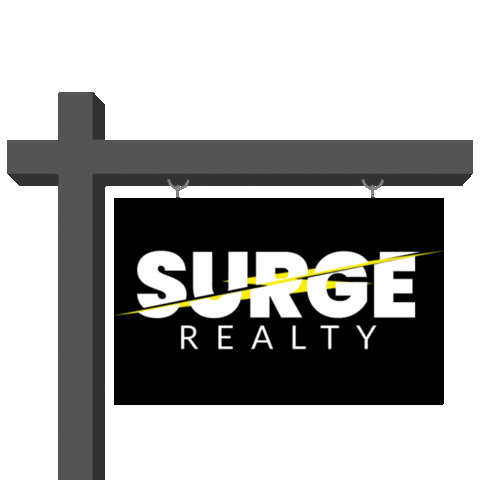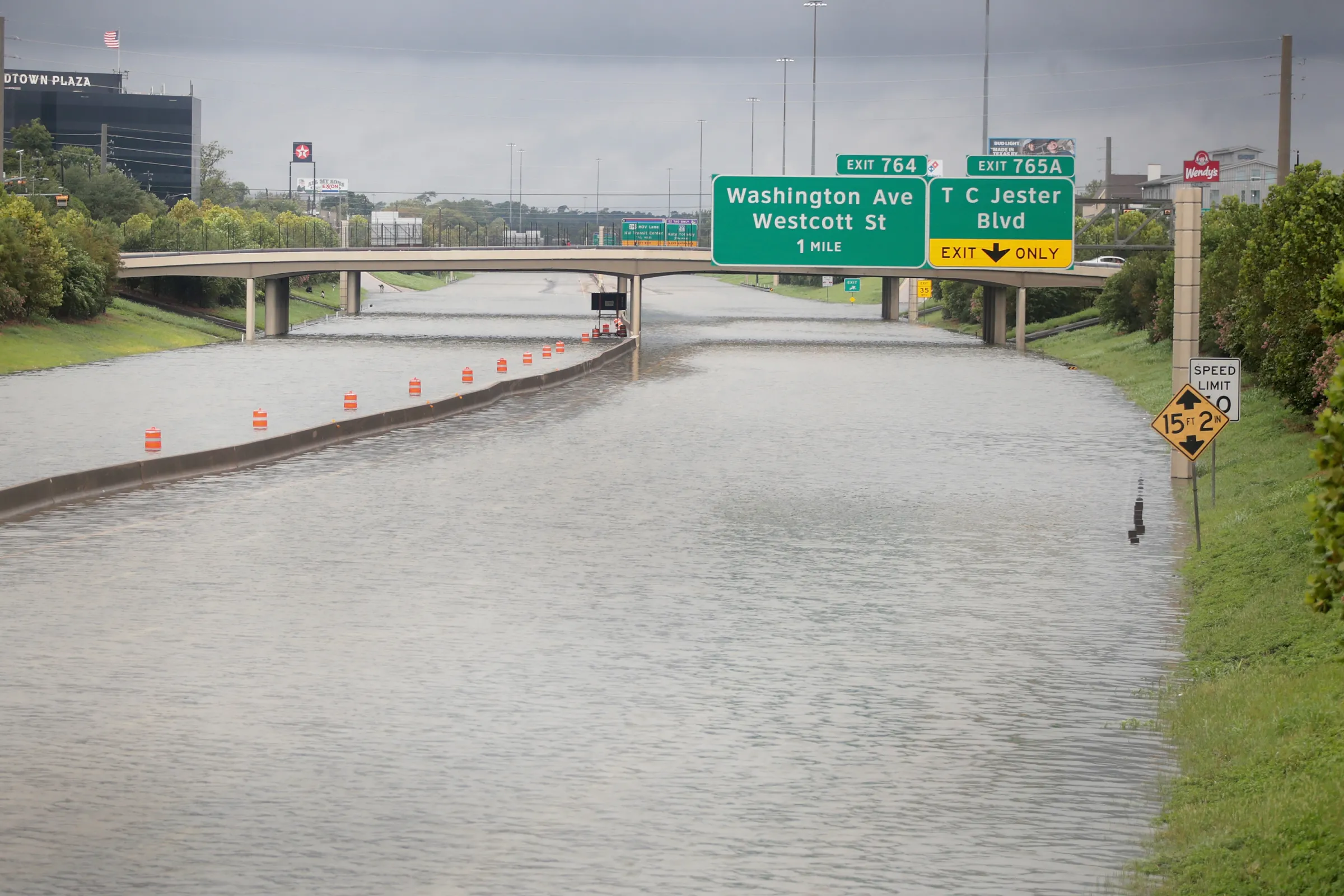Flood Zones in Houston: What Homebuyers Need to Know
- Adriana Perez

- Jan 6, 2025
- 2 min read
Updated: Nov 18, 2025
Houston's susceptibility to flooding is a critical consideration for prospective homebuyers. Understanding flood zones, associated risks, and necessary precautions can safeguard your investment and ensure peace of mind.
Understanding Houston's Flood Zones
Flood zones categorize areas based on their flood risk, influencing insurance requirements and building regulations. Key designations include:
Zone AE: High-risk areas with a 1% annual chance of flooding (100-year floodplain).
Zone X (Shaded): Moderate-risk areas with a 0.2% annual chance of flooding (500-year floodplain).
Zone X (Unshaded): Minimal-risk areas outside the 500-year floodplain.
These zones are outlined in Flood Insurance Rate Maps (FIRMs) and include high-risk, moderate-risk, and low-risk areas. In Houston, these zones have a direct impact on property values, insurance requirements, and investment potential.
Net Worth Builders
Accessing Flood Zone Information
To determine a property's flood zone:
FEMA Flood Maps: Use FEMA's Map Service Center to input the property's address and view its flood zone classification.
Harris County Flood Education Mapping Tool: This interactive map provides detailed floodplain information for properties within Harris County.
Implications for Homebuyers
Property Value: Homes in high-risk flood zones may have lower property values due to potential flood damage and higher insurance costs.
Insurance Requirements: Lenders typically mandate flood insurance for properties in high-risk zones, adding to your monthly expenses.
Resale Considerations: Properties in flood-prone areas may face challenges during resale, as future buyers might be hesitant due to flood risks.
Practical Tips for Homebuyers
Research Property History: Inquire about any previous flood damage and review seller disclosures for past flooding incidents.
Consult Floodplain Maps: Examine current floodplain maps to assess the property's risk level.
Obtain Elevation Certificates: An elevation certificate provides details on a property's elevation relative to the base flood elevation, influencing insurance rates.
Consider Flood Insurance Costs: Even if not required, purchasing flood insurance is advisable. Rates vary based on risk level; consult insurance providers for quotes.
Evaluate Community Flood Mitigation Efforts: Research local infrastructure projects aimed at reducing flood risks, such as drainage improvements or bayou enhancements.
Seek Professional Advice: Engage with real estate agents experienced in Houston's market and consider consulting flood risk assessment professionals.
Neighborhoods with Lower Flood Risks
While no area is entirely immune to flooding, some Houston neighborhoods have historically experienced fewer flood events. Consider exploring these areas:
Memorial Villages: Known for higher elevation and effective drainage systems.
The Heights: One of the city's older neighborhoods, situated on naturally higher ground.
Midtown: Urban area with infrastructure designed to manage stormwater effectively.
Note: Always verify current flood risk assessments, as conditions can change over time.
Navigating Houston's flood zones requires diligence and informed decision-making. By understanding flood risks and taking proactive measures, you can make a confident home purchase that stands resilient against Houston's unique challenges.













Comments